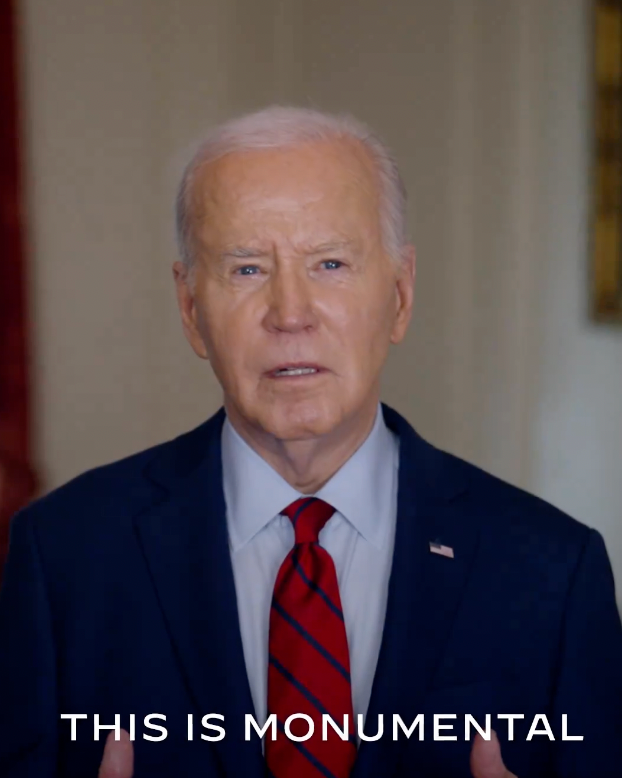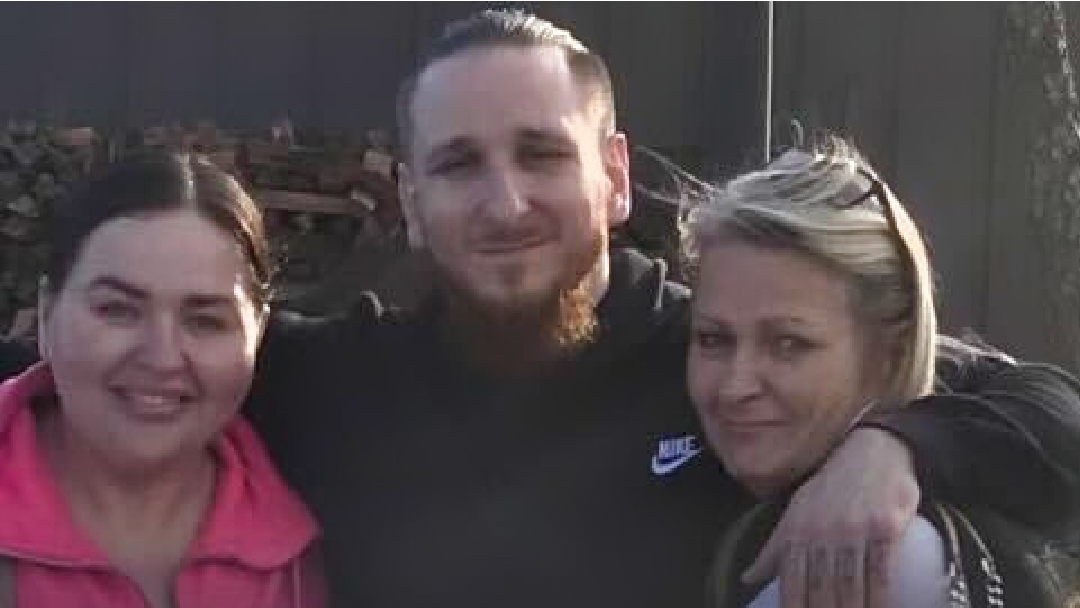Virginia Governor Vetos Bill That Would Have Released Almost 400 Cannabis Prisoners
It is with a heavy heart that we share the news Governor Youngkin has vetoed our cannabis sentence modification bill, SB 696. Under the bill, thousands of individuals charged for cannabis offenses under outdated laws would have had their sentences reevaluated in light of legalization. Instead, the Governor’s veto message not only ignored the intention of this bill but, more importantly, ignored the plight of thousands of families across the Commonwealth whose lives have been permanently altered by prohibitionist laws repealed three years ago!
Virginia may have ended cannabis prohibition in 2021, but there remains a significant injustice for those individuals who continue to be incarcerated for offenses that are no longer considered illegal. According to the Virginia Department of Corrections, the average cost of housing an individual in custody is $33,994. Furthermore, as of 2023, Virginia has generated over $8 million in tax dollars from medical marijuana according to the US Census Bureau. Thus, SB 696 represents a critical step towards rectifying this injustice by allowing for the modification of sentences for individuals convicted of cannabis-related offenses.
But the fight is not over.
We still have an opportunity to let the people speak and encourage Virginia lawmakers to override this veto. It is important that you
write to your state representative and senator to support SB 696 by voting to override Gov. Youngkin's veto and ensure justice for Virginians harmed by cannabis convictions.
By
joining the effort to override the veto and make SB 696 law, you have the opportunity to right the wrongs of the past and ensure that hundreds of Virginians with cannabis offenses have their sentences either reduced or vacated completely. This bill is not just about correcting legal inconsistencies; it is about improving public safety by providing individuals with the chance to rebuild their lives and contribute positively to their communities.
Thank you to Marijuana Justice Virginia, Nolef Turns, the Virginia NAACP, NORML, the Virginia Student Power Network, The New Majority Virginia, Rise for Youth, and all the members of the CannaJustice Coalition for all of your hard work and dedication to ensure justice.
We must continue until no one remains in prison for cannabis.
Send a letter today!



The Last Prisoner Project. All rights reserved.
Last Prisoner Project is a 501(c)(3) tax-exempt organization with EIN 83-4502829. Mailing address: 1312 17th St #640 Denver, CO 80202. Our governing documents and conflicts of interest policy can be found here. Our Privacy Policy can be found here.
Website built on KUSHY



